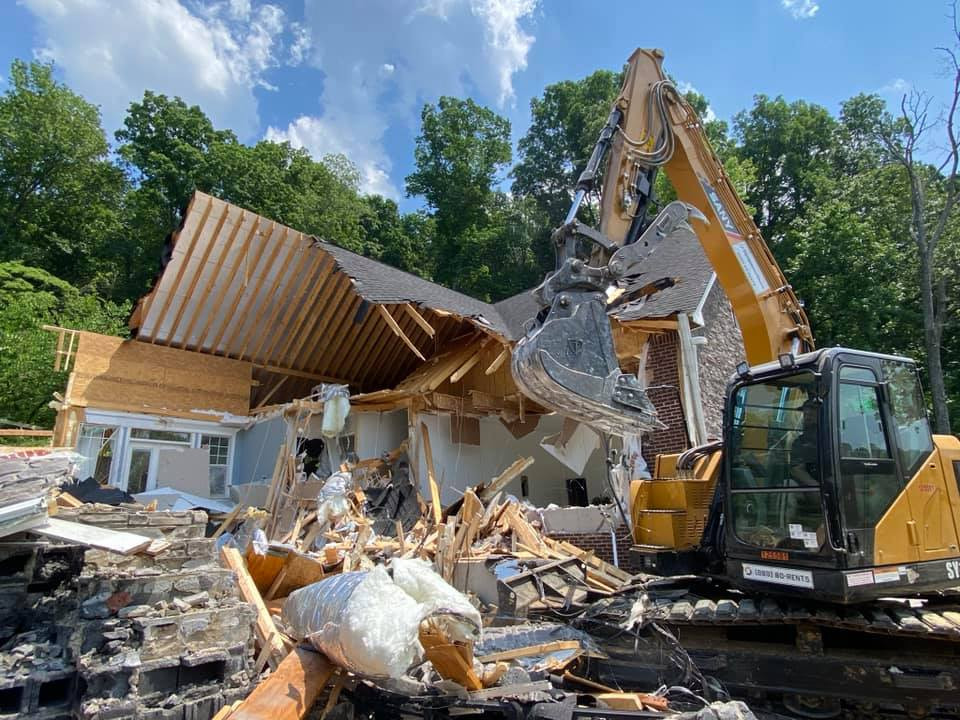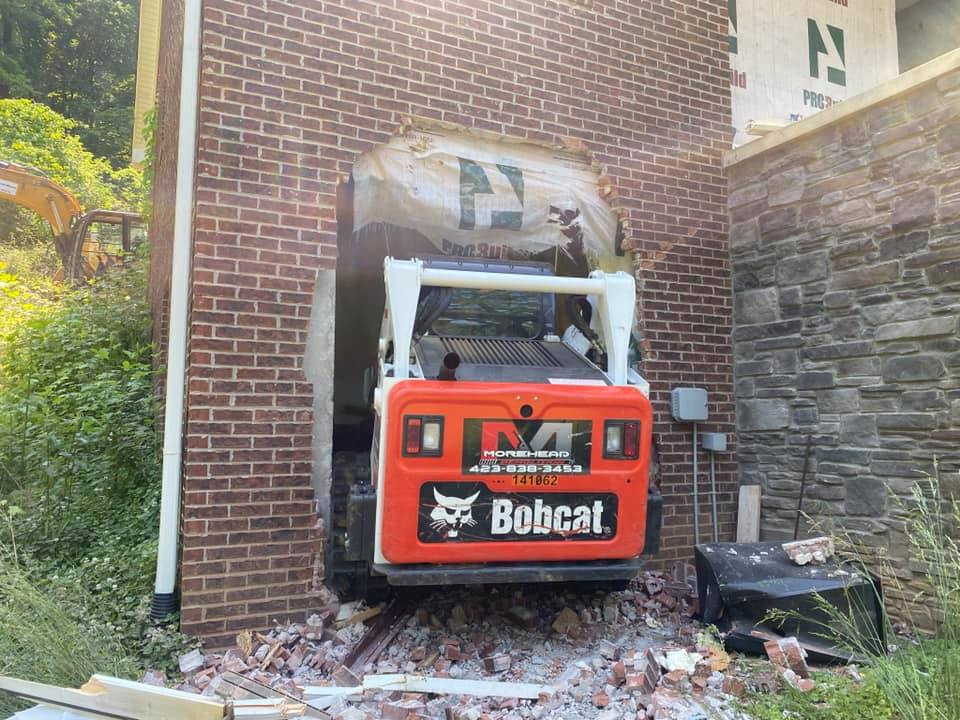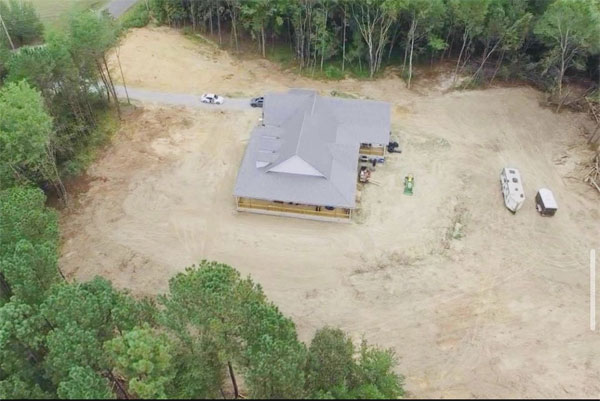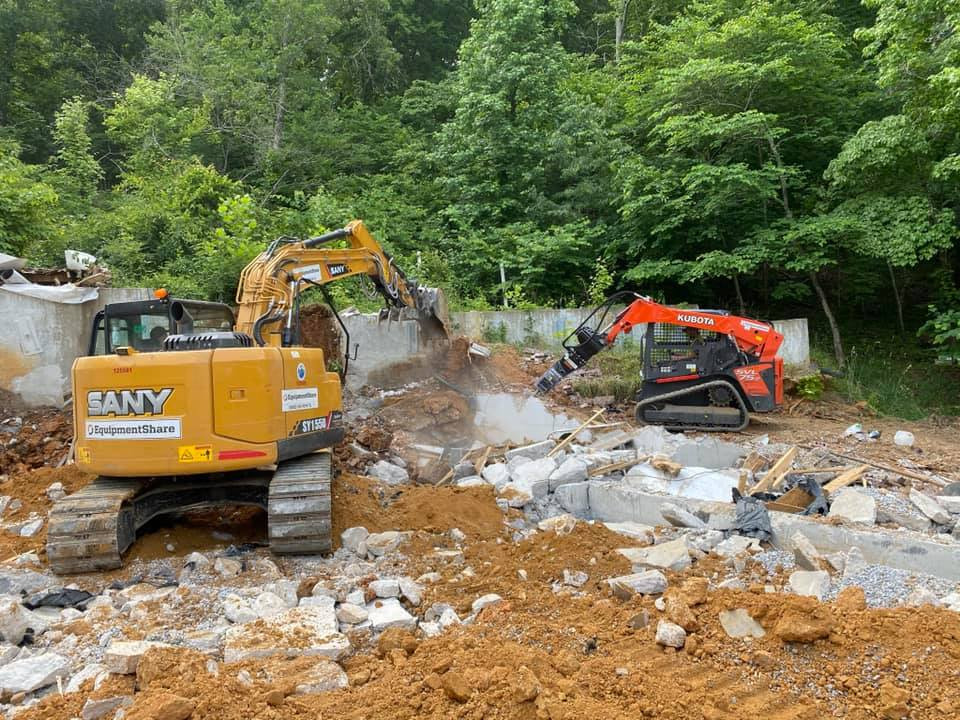Freedom Demolition & Land Clearing
Freedom Demolition & Landclearing is a local demo company providing Bradley and Hamilton Counties with impeccable services for fair prices. We strive to be on the... more
Morehead Demolition Services LLC
Morehead Demolition is your go-to for all your complete demolition and land clearing needs. No matter the size of your project, our team of experts... more
Groundhog Construction LLC
Throughout the Ringgold, Georgia area, Groundhog Construction LLC is known for providing safe and efficient demolition services. We are proud to provide residential, commercial,... more
Hooper & Sons Excavation Llc
Hooper & Sons Excavation, LLC offers a wide range of demolition and excavation services throughout Chattanooga, TN. Our services include commercial demolition, house demolition, shed demolition,... more
Nearby Places for Tank Removal
Tank Removal Tips for McMinn County, TN
How can I tell if my oil tank is leaking?
It's easier to tell when an above ground tank is leaking since it's always visible, but underground storage tank leaks are a bit harder to detect. In some cases, it can take years before an underground storage tank leak is detected.
Be aware of the signs that a leak has occurred:
-
There is dead/dying vegetation in the area of the tank
-
The soil in the area is darker than the surrounding native soils
-
The area around the fill pipe is stained
-
You can smell heating oil odors in the house/coming out of the ground
-
Fuel consumption spikes even though the weather isn't especially cold
-
There is an oily rainbow sheen on the water beneath the tank, in basement sump, etc.
-
If your well water develops a strange taste, odor, or color
-
There is water in fuel lines
If you see any of these signs, contact an underground tank testing company immediately.



